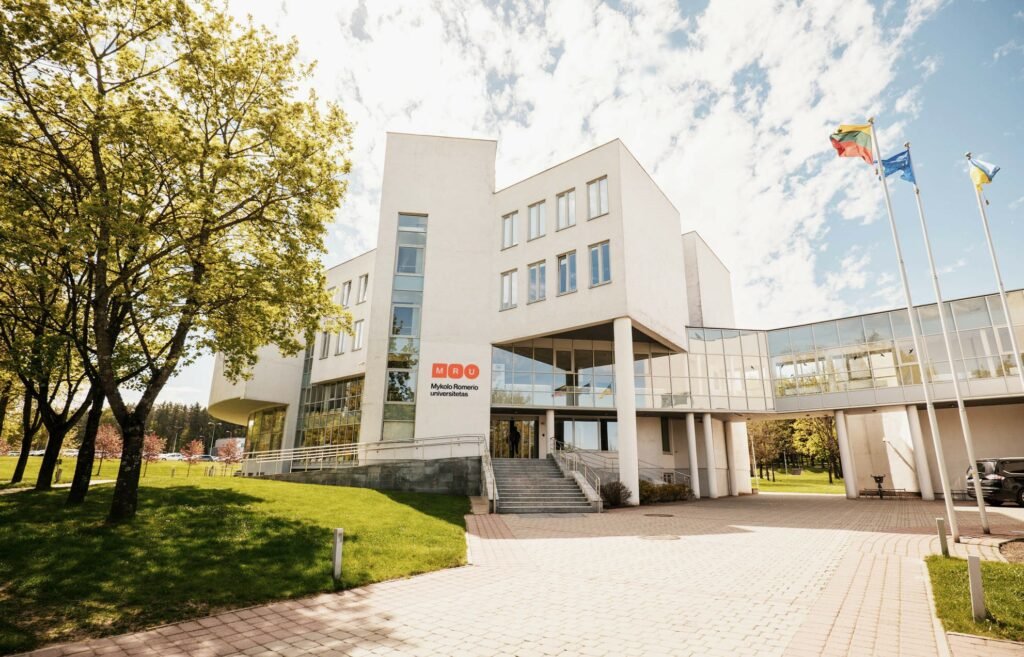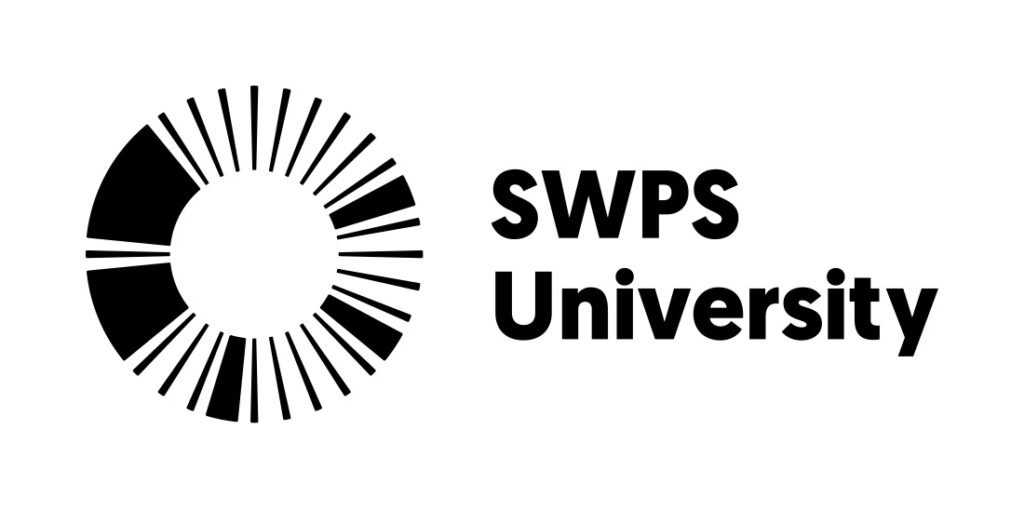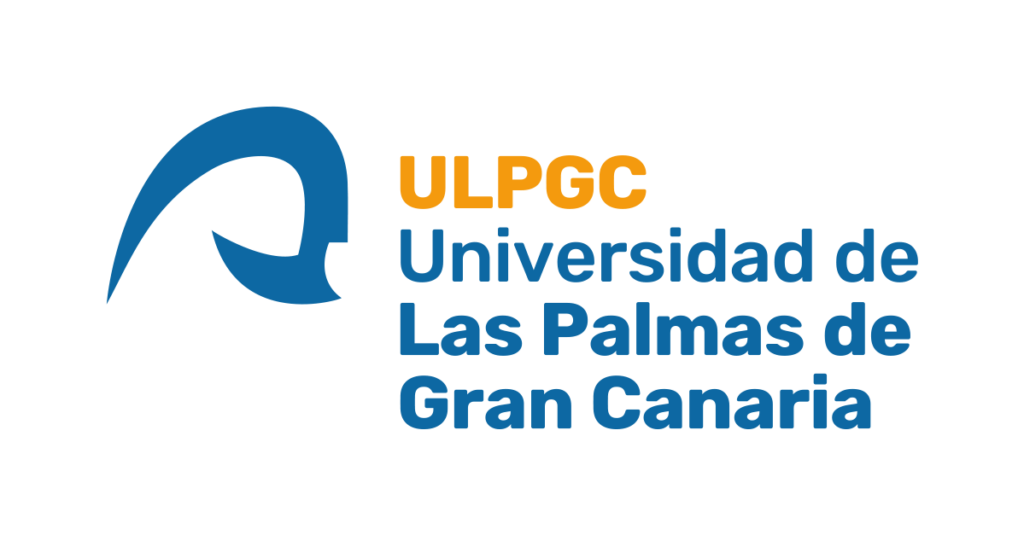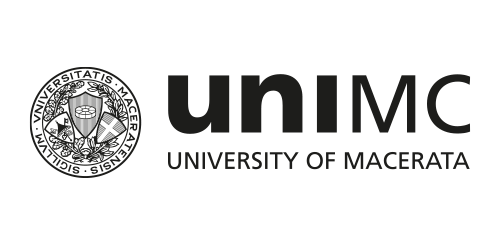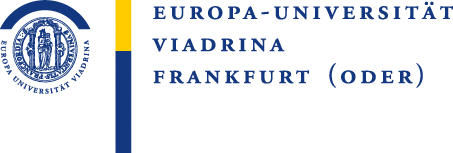Mykolas Romeris University (MRU) https://www.mruni.eu/en/ is a public university with headquarter in Vilnius, Lithuania, that conducts studies in 19 study fields, such as accounting, communication, economics, education, finance, computer science, law, management, human resource management, pedagogy, philology (in English), psychology, political science, public security, social work, tourism and leisure, translation studies, public administration and business. MRU is the biggest social sciences university in Lithuania enrolling about 6000 students.
Established in 1990, MRU conducts teaching activities across two campuses located in major cities of Lithuania – Vilnius and Kaunas. Its 4 faculties offer over 20 Bachelor and over 40 Master’s programs, including 10 joint or double degree programmes. Doctoral and post-doctoral degrees are awarded in 6 areas: law, education, psychology, economics, management and philology. MRU runs one of the most successful schools of law in Europe, scoring 201-250 in QS ranking in the field of law. Equity is one of the inherent aspects in legal research and studies. LegalTech center operated by the School of law facilitates the implementation of the first LegalTech LL.M. in Lithuania. MRU scores in Lithuania as internationally oriented university, as internationalization has been embedded into our strategy since the establishment of the university (https://www.youtube.com/watch?v=pSEiA6Lod8g). In general, MRU runs all cycles degree programmes taught in English language, and quite a number of them are implemented as joint programmes (including EMJMDs) or double degree arrangements with European and global universities. 600+ international students from 60+ countries study at MRU in our 20+ degree programmes taught in English or spend a semester or a year abroad as exchange students from our partner Universities. MRU cooperates closely with over 350 universities, public and private institutions, takes part in academic, professional, and inter-sectorial networks, pursues and supports an active policy of open access in research, and is strongly committed to sustainable development.
The University fosters civic values, aims at developing a mature personality, revealing and developing personal abilities, critical thinking, creativity, leadership, social responsibility, and facilitating life-long learning for all members of society.
